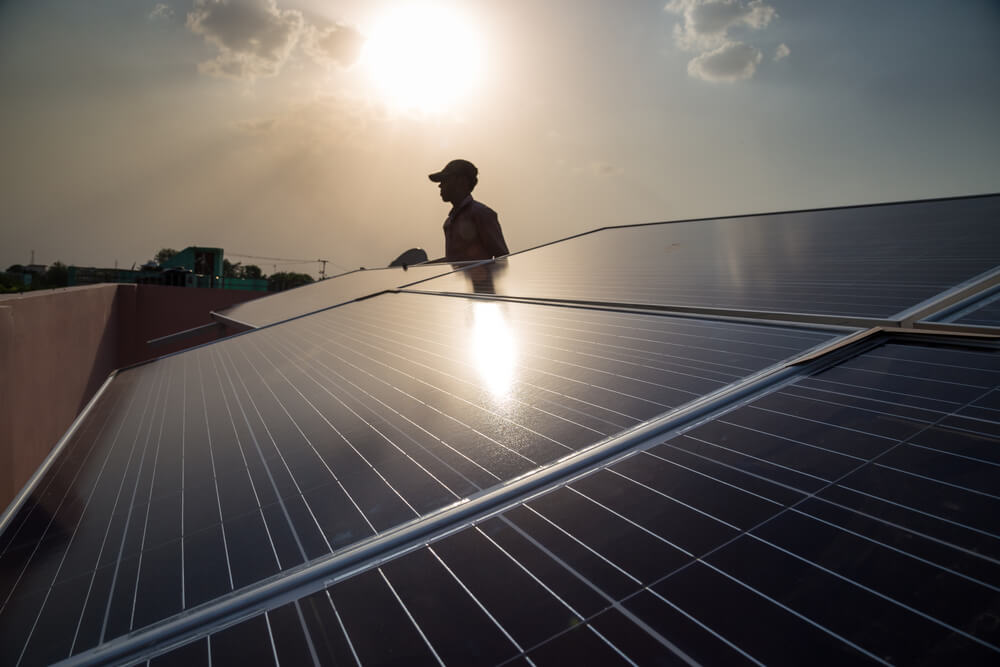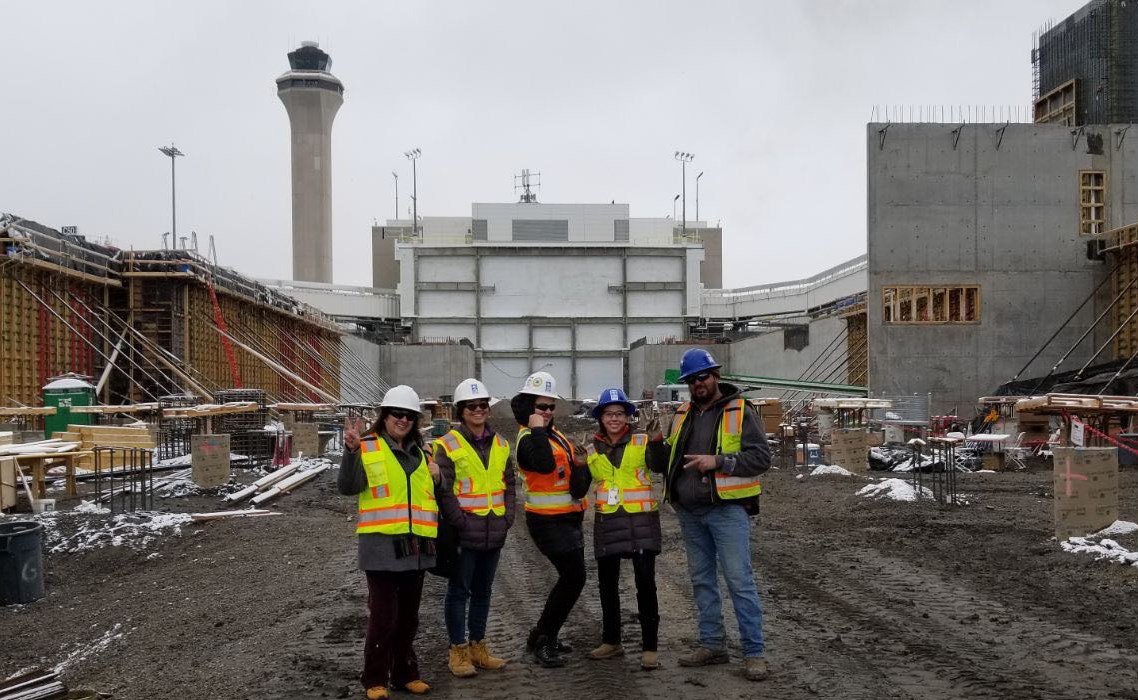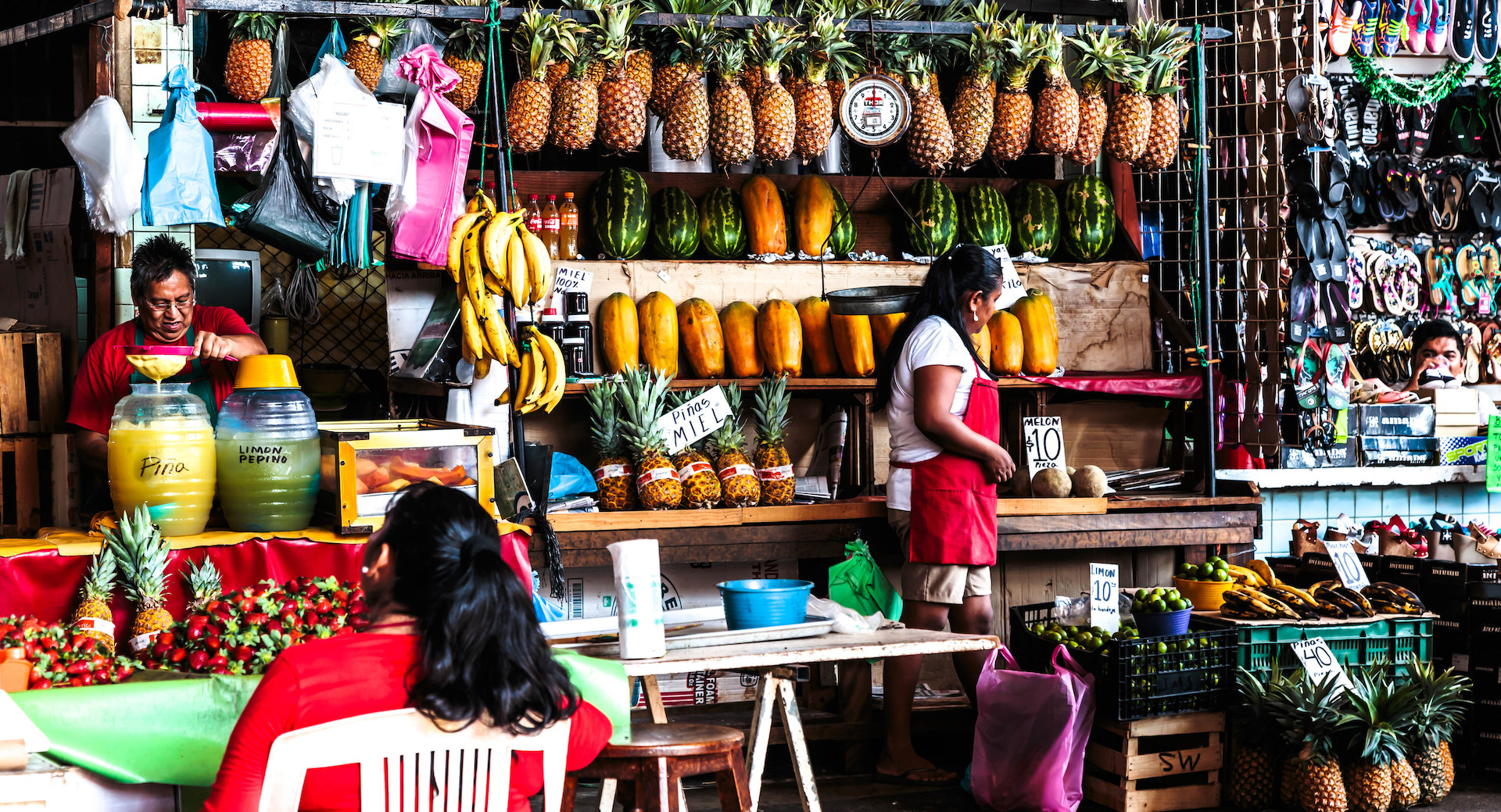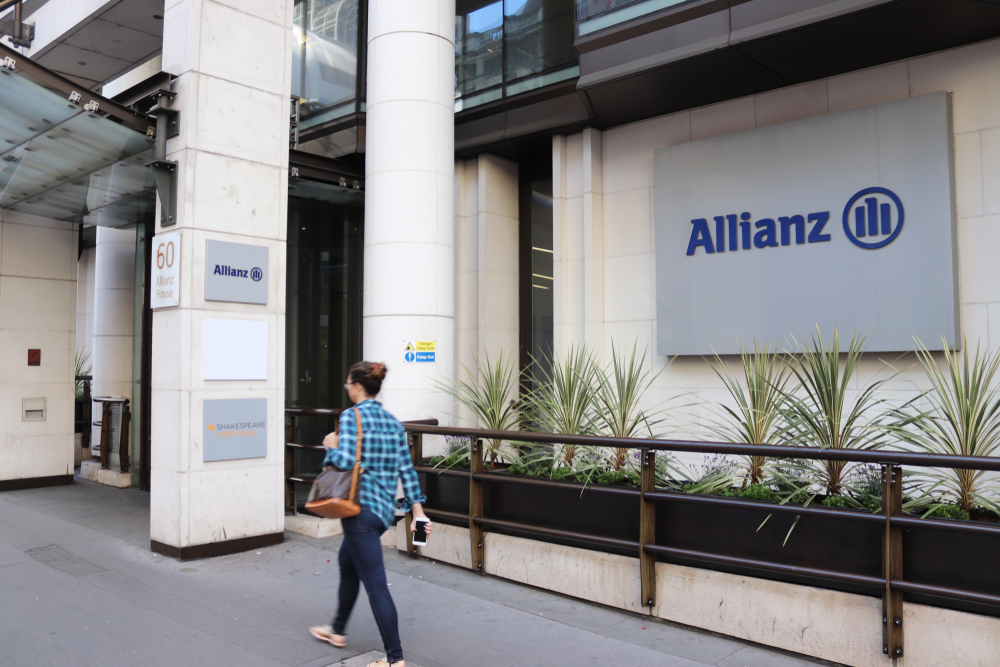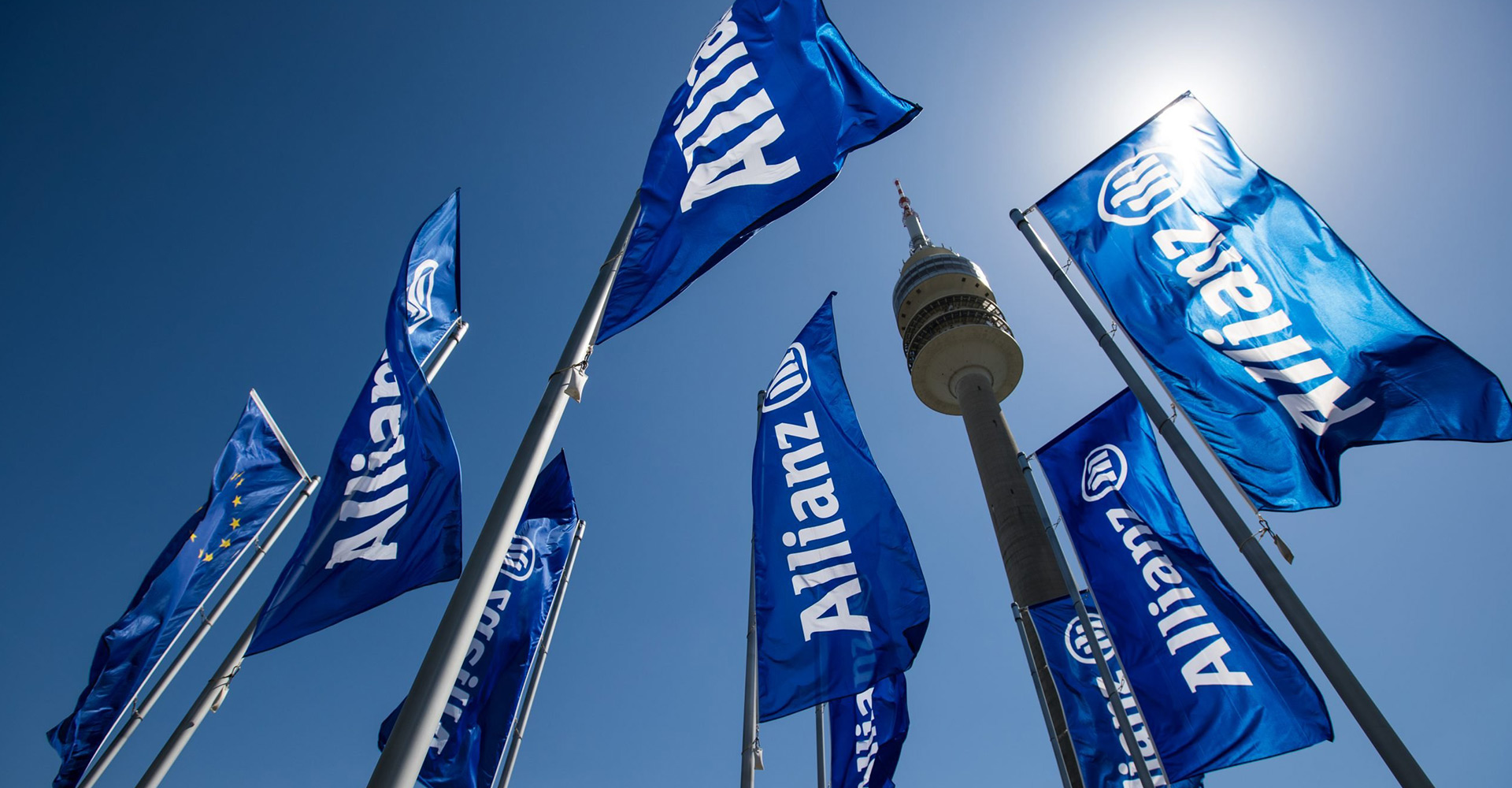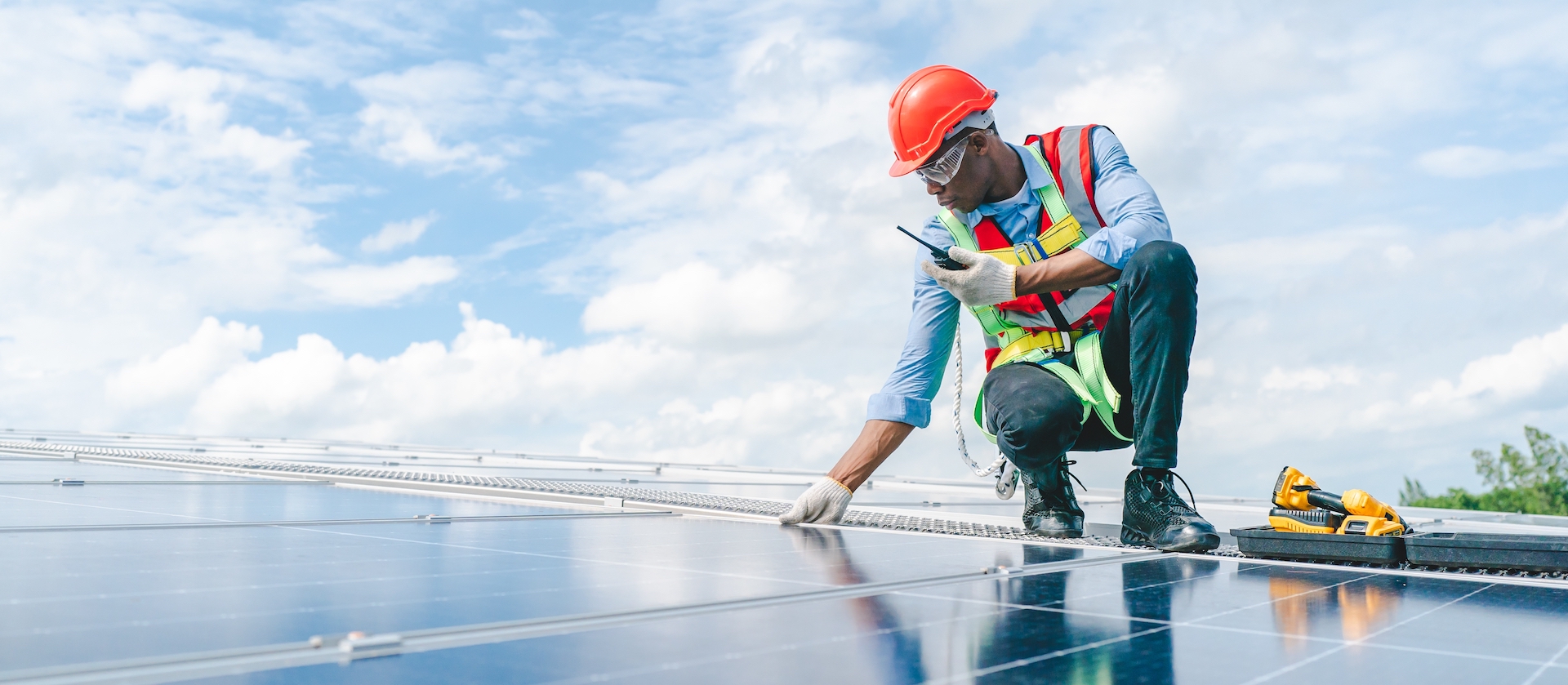ImpactAlpha, June 24 – The Rockefeller and IKEA Foundations this week jointly announced a commitment of $1 billion for off-grid energy development in energy-poor communities worldwide. The bigger goal: unlocking $20 billion by 2030 to address climate change and alleviate energy poverty.
Rockefeller is aiming to secure half, or $10 billion, in time for the COP26 climate convening in Glasgow in November. The U.S. International Development Finance Corp. and International Finance Corp. have each pledged $2 billion (Rockefeller has committed $200 million to de-risk the investments).
The distributed renewable initiative is aiming to reach one billion energy poor people and prevent one billion tons of greenhouse gas emissions by 2030. Rockefeller Foundation’s existing portfolio of work in distributed renewables includes a partnership with Tata Power to build 10,000 rural mini-grids in India.
Catalytic capital
The $1 billion in philanthropic grants are being directed through Rockefeller’s public charity, RF Catalytic Capital, for now. For the longer term, Rockefeller is creating a new vehicle to direct grants, concessional loans, patient equity and guarantees to de-risk mini-grids and other distributed renewable projects in emerging markets.
“We need a vast quantum of capital to flow into distributed renewable energy projects,” Rockefeller’s Stefanie Fairholme told ImpactAlpha. “It takes a significant commitment to unlock these markets at a rapid pace and at sufficient scale. That’s where we as a philanthropic entity can best come in—we know how to derisk projects.”
Rockefeller is a founder of the Catalytic Capital Consortium, or C3, alongside MacArthur Foundation and Omidyar Network (disclosure: the Catalytic Capital Consortium is a sponsor of ImpactAlpha’s catalytic capital coverage).
Green recovery
Rockefeller’s $500 million commitment, the largest grant in the foundation’s history, represents half of the $1 billion it pledged last October to “catalyze a green recovery” from the COVID-19 pandemic.
“Distributed renewable energy is a solution that both addresses climate change and ending energy poverty,” said Fairholme. “As we’re talking about building back better, post-COVID, this is an inclusive and equitable way.”
The foundation is financing the commitment with endowment funds and proceeds from its $700 million bond issuance in September.
IKEA Foundation has pledged a total of €1.5 billion ($1.8 billion) for initiatives in climate change mitigation, adaptation and greenhouse gas reduction.
Target markets for the new initiative include India, Myanmar, Uganda, Nigeria, Malawi, Sierra Leone, Indonesia and the Philippines.

